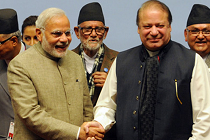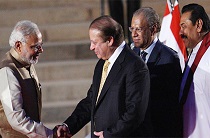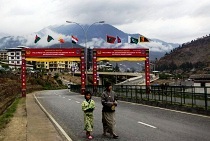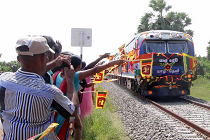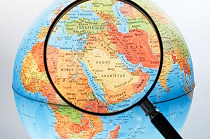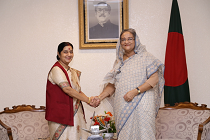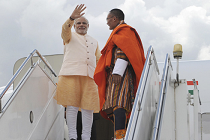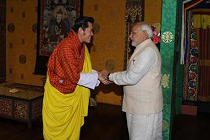Can SAARC succeed despite itself?
The recent SAARC Summit was once again derailed by India-Pakistan dissonances. Is it time for India to look beyond this collective? Or are there ways to overcome the distrust and address border issues, build institutions to implement common goals, and create an economic union of confident democracies?

